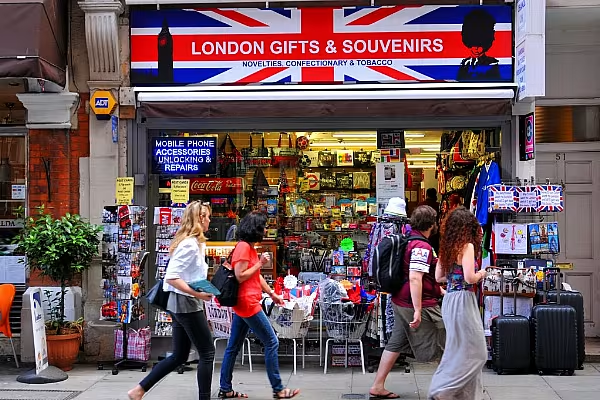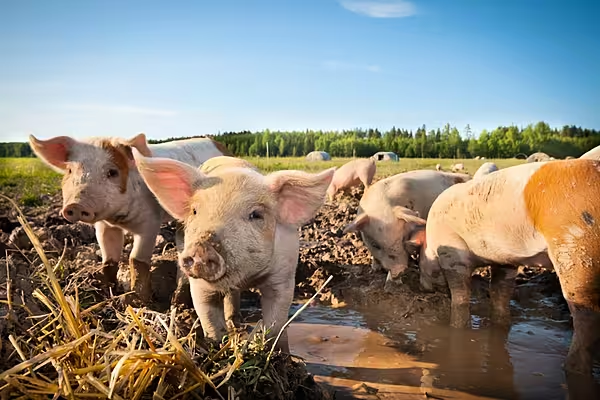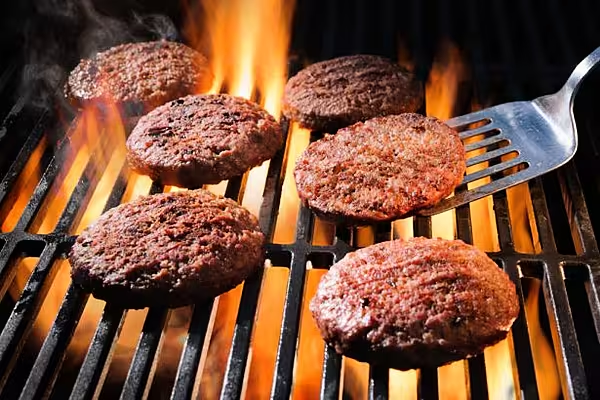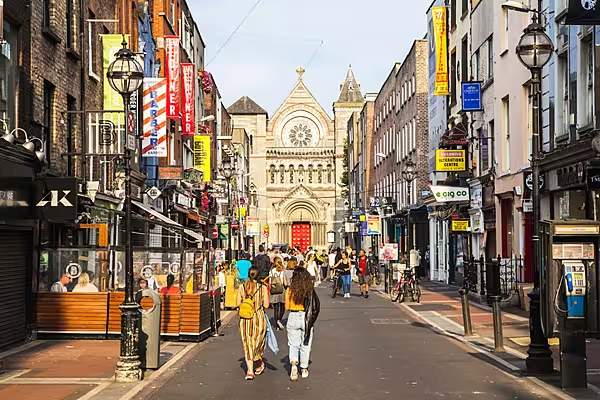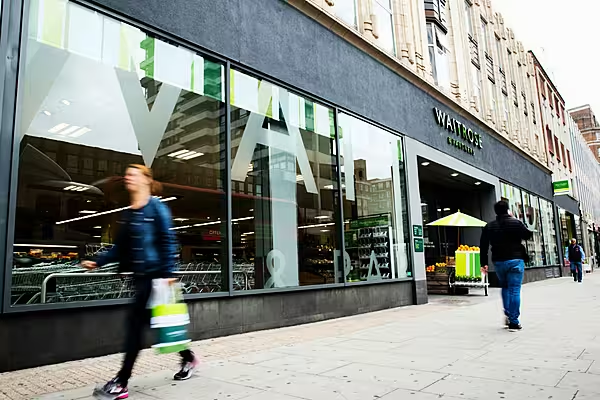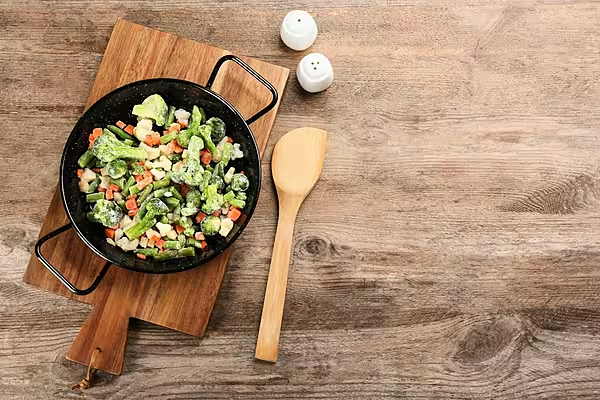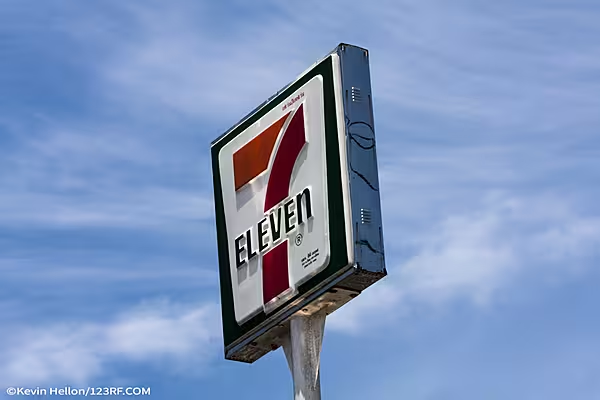British retailers logged their slowest sales growth in 11 months in July, thanks to rainy weather and high inflation, a survey showed.
The British Retail Consortium (BRC) said retail sales values rose by 1.5% compared with July last year, less than half the 12-month average growth rate of 3.9% and down from this year's peak of 5.2% in February.
The data is not adjusted for inflation so July's small rise in spending represented a fall in terms of sales volumes.
British consumers have, so far, largely weathered the impact of high inflation and rising interest rates, but economists believe this resilience is likely to wane in the coming months.
Wage growth adjusted for inflation is negative, consumers are loading up on unsecured loans like credit card debt and their finances will be squeezed as borrowing rates for mortgages in particular rise to reflect not just past interest rate rises, but expectations for future ones as well.
Cautious Spending
"It is clear that consumers are spending their money much more carefully and spending only when necessary, as Bank of England rate hikes continue to bite on incomes," CMC Markets chief markets strategist Michael Hewson said.
"With some consumers approaching a cliff edge as their fixed rate terms come up for expiry, they may well be saving more in order to mitigate the impact of an impending sharp rise in mortgage costs," he said.
BoE chief economist Huw Pill on Monday said food inflation, which has been more severe than that for other items, is likely to fall to around 10% later this year, from 17.3% right now.
The BoE raised interest rates for the 14th time in a row on 2 August and said borrowing costs would stay high for some time, given the persistence of inflation.
However, investors are turning their attention to the weak outlook for the UK economy and are betting on two more rate hikes from the BoE at most, according to money markets.
